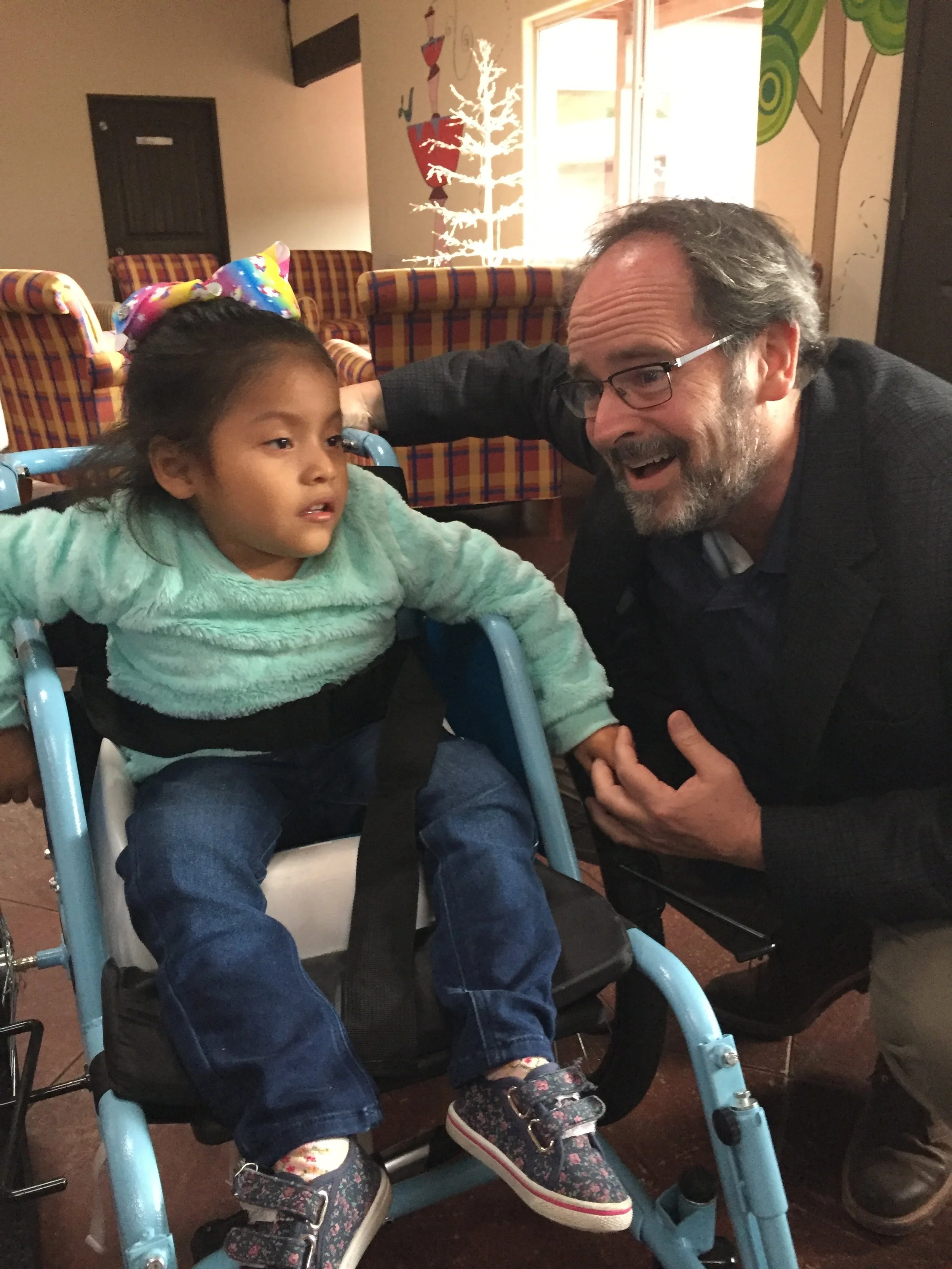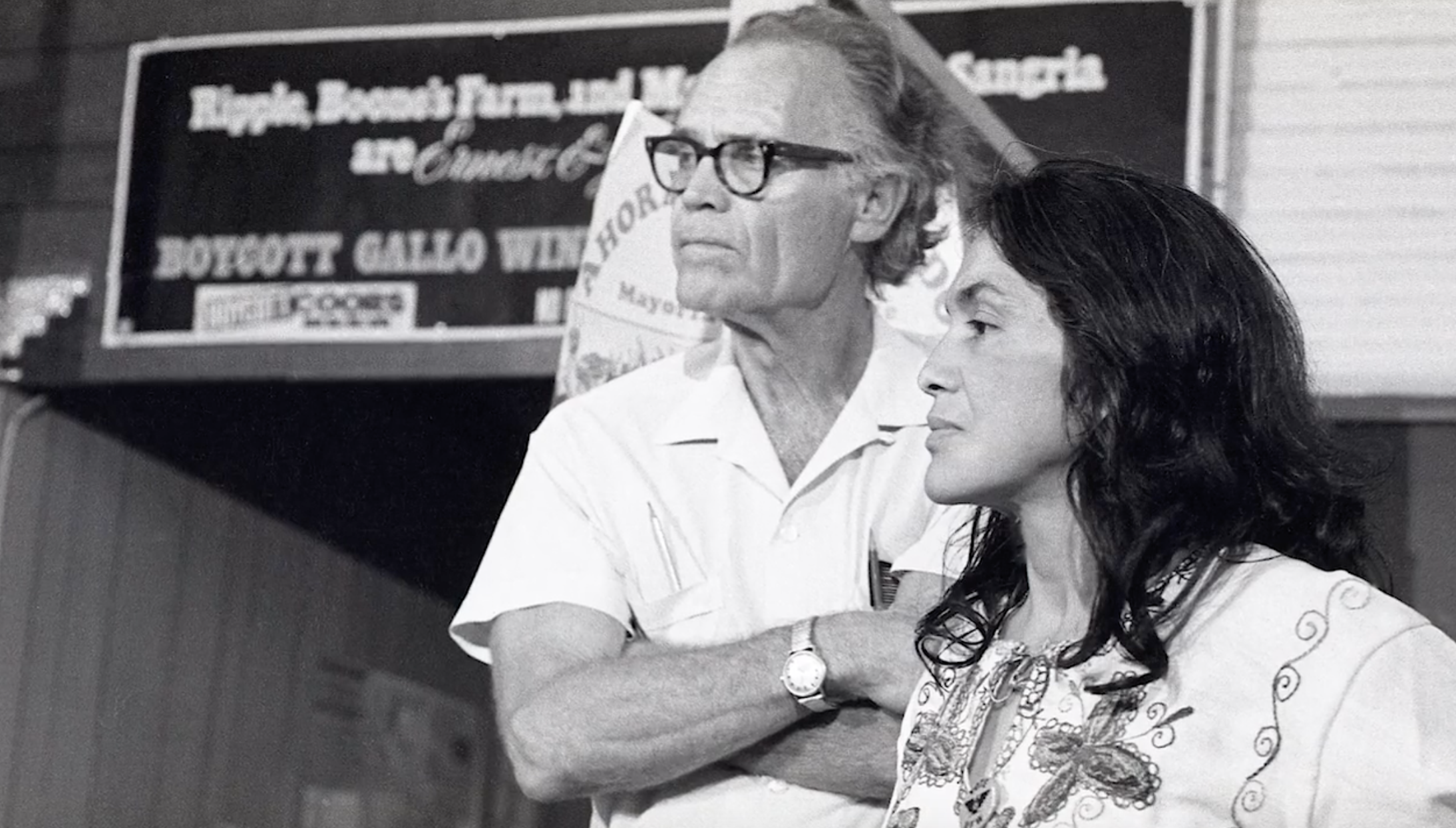There has never been a time when foundational organizing principles were more needed than now.
As we celebrate Labor Day, we also celebrate the role that member-led organizations have played in creating long-term, positive change and the value of unions and their members in confronting disinformation, xenophobia, homophobia, voter suppression, rejection of election results and attacks on reproductive health, LGBTQ rights, the planet, people of color, and women.
As a human rights activist working for decades advocating on behalf of some of the most marginalized people on earth: refugees from Ethiopia, internally displaced persons from Sudan, Bosnian war victims, people with disabilities, trafficking victims, and Afghans whose entire country is littered with mass graves. Yet mass graves continue to be dug, war crimes are still being committed, and civilians are still being cast from their homes. Seemingly, little has changed over the years.
I have seen heroic responses seeking to mitigate agonizing human hardships that are well-intended and carried out by committed, thoughtful humanitarians. Yet, looking back after more than three decades, sadly, these responses rarely tackled the root causes in a comprehensive way through structural, long-term, sustained, and systemic change. I couldn't help but think that part of the problem was that much of this work has focused solely on providing a quick fix rather than a sustainable solution.
I thought the best way to confront this issue head-on was to create a foundation aimed at supporting projects that address ongoing economic, political, social, racial, ethnic, and environmental inequities with a systemic approach as part of the solution. Thus, the Foundation for Systemic Change was born, and we’ve since supported documentaries, podcasts, articles, essays, theater, music, books, and strategic gatherings that focus on long-term, structural change.
Thankfully, my old friends at JT, Rick Jasculca, Lauren Foley and Morgan McDonough agreed and have provided much-needed guidance in developing the Foundation for Systemic Change. Their insight, commitment and organizing skills have been critical to the success of one of the Foundation’s most treasured projects, American Agitators, a feature documentary about the power of grassroots organizing told through the story of legendary workers’ rights organizer Fred Ross.
Thirty-five years ago, I met Fred Ross, Jr., and his dad, Fred Ross, Sr., who altered the trajectory of my life. They mentored generations of organizers on the idea that winning systemic change requires developing grassroots leaders and strategies to build enough power to prevail. Fred Ross, Sr., brought Mexican-Americans and African Americans together to battle segregation in schools by building their voting power and holding elected officials accountable. In Orange County, CA, he organized with parents to fight rampant segregation in the local schools. He successfully integrated local school boards across the Citrus Belt through voter registration drives and civic engagement. Perhaps the most dramatic outcome of his early work occurred when Mexican-American parents sued the Orange County school districts and prevailed in the Mendez vs Westminster case, laying the foundation for the Supreme Court’s decision in Brown vs Board of Education.
Fred Ross and Cesar Chavez. Photos provided by the Fred Ross Project.
We don’t have to look decades into the past to see that grassroots organizing - particularly those concerning worker movements - can still be one of the most effective tools for addressing systemic problems. There has never been a time when foundational organizing principles were more needed than now. This is what drives our mission at the Foundation for Systemic Change. So when Fred Ross, Jr., asked me if I wanted to help make a documentary about his dad, it was a no-brainer. I saw it as a way to use the story and lessons of Fred Ross, Sr. and Jr., as a guide for successful organizing. It is through their story that we hope to mobilize and organize people to tackle ongoing economic, political, social, racial, ethnic, and environmental inequities with a systemic approach that can lead to the long-term positive change we all seek.
For over 50 years, Ross led a groundbreaking organizing approach that improved the lives of thousands and reverberates in organizing strategies today. Through rare archival film, photographs, first-person interviews, and case examples, award-winning director Ray Telles and his remarkable team illustrate Ross’s impact.
The documentary demonstrates the efficacy of member-led movements built through patience and listening. Ultimately, we made American Agitators to illustrate how collective action can create long-term, positive change, especially at a critical moment in American history.
What gives me hope is knowing that there are many young and not-so-young organizers out there committed to long-term change. In Atlanta, Fight For 15 organizers demand an increased minimum wage and the unionization of workers across the Southern states. In Las Vegas, hotel workers organize for fair wages and to get out the vote. In Oakland, teachers, families, and community members forge a fair contract with the Oakland school district. And in Kern County, where air quality is the worst in the country, farmworkers trained by Ross organize for climate justice.
Fred Ross and Dolores Huerta. Photos provided by the Fred Ross Project.
Legendary organizer Dolores Huerta, who was mentored by Ross, recently said, "Bringing Fred's life to the screen is the medicine our society needs right now. He empowered people to be engaged in the democratic process."
Today, we need compassionate and moral leaders to demonstrate the power of service, justice, and equality. We need trained union organizers and community organizers to show how collective action can combat injustice and inequality.
JT is proud to work with the Foundation for Systemic Change as they work towards systemic solutions to today’s most pressing issues. Since 2023, JT director of digital strategies has led the Foundation’s annual student journalism competition, where hundreds of high school students have submitted original reporting about systemic change strategies. Learn more about the Fred Ross Systemic Change Journalism Competition here.






